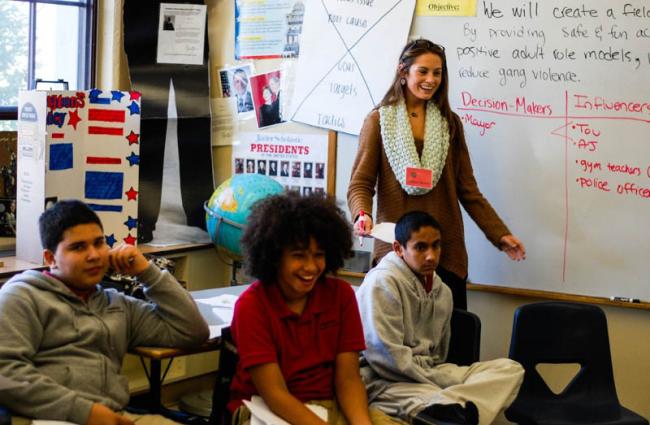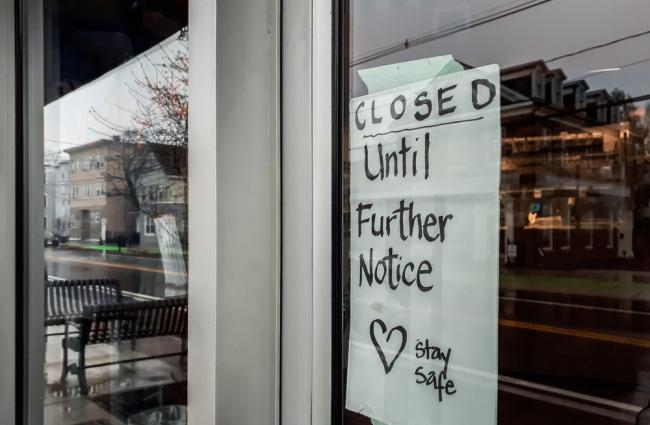Evidence for Action (E4A) funds research evaluating the population health, wellbeing, and racial equity impacts of programs, policies, and practices. What We're Learning is a repository of media pieces, research articles, presentations, reports, and other materials highlighting E4A supported research and findings. Sort by topic or resource type.

Supportive prenatal substance use policies are those in which pregnant people are provided access to treatment or other support programs. Such policies lead to better outcomes for babies: preterm births and low birth weight births both decreased by 2%.


Growing evidence indicates that policy around policing needs to focus on the relationship between frequent police interactions and health and violence outcomes.



Drs. Liana Winett and Jeff Niederdeppe discuss their findings from their narrative studies around early childcare and education with state legislators and the general public with Shel Holtz of the FIR Podcast Network.

Supplementing with K-12 student education with programs, such as those developed by Generation Citizen, that encourage community and civic engagement in a non-partisan way can provide students with "a local focus, inclusive, diverse learning environments, and access to communities."

Students exposed to The Bigger Picture curriculum were more likely to identify that diabetes is not just an individual problem, but a structural problem with environmental, historical, political, and sociocultural roots.

In an ABCNews video featuring a number of experts, E4A grantee Claire Boine, discusses which policies most gun-owners agree on and highlights where common ground may be found.

Paid leave that covers time off for all workers will advance food security.


Dr. Hussien "talks about living wage ordinances that were passed in the 1990s and 2000s in cities across the United States".